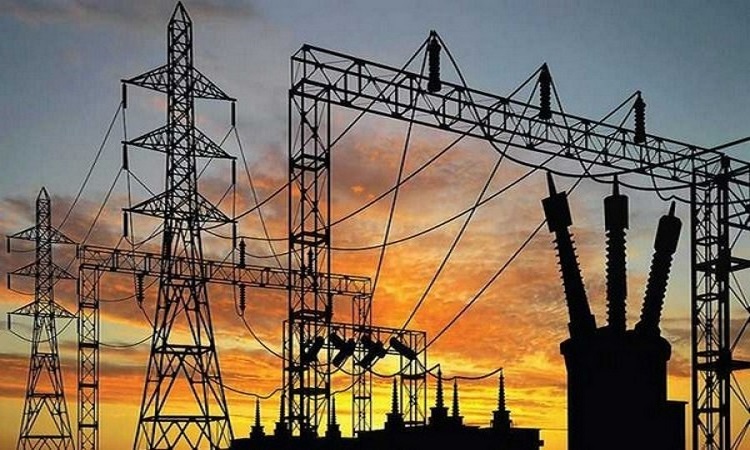 English
English

The Government of India has introduced two changes to the prevailing power tariff system and now across the country consumers can save up to 20 per cent in power bills by planning usage during solar hours or daytime as the government is set to implement a ‘time of the day’ tariff. Read further on Dynamite News:

New Delhi: The Government of India has introduced two changes to the prevailing power tariff system and now across the country consumers can save up to 20 per cent in power bills by planning usage during solar hours or daytime as the government is set to implement a 'time of the day' tariff.
The Government of India has introduced two changes to the prevailing power tariff system, through an amendment to the Electricity (Rights of Consumers) Rules, 2020.
The changes are the introduction of the Time of Day (ToD) Tariff, and the rationalization of smart metering provisions, the Ministry of Power said.
"Under the ToD Tariff system, the Tariff during solar hours (duration of eight hours in a day as specified by the State Electricity Regulatory Commission) of the day shall be 10 per cent-20 per cent less than the normal tariff, while the tariff during peak hours will be 10 to 20 per cent higher, the release stated.
ToD tariff would be applicable for Commercial and Industrial consumers having Maximum demand of 10 KW and above, from April 1, 2024, and for all other consumers except agricultural consumers, latest from April 1 2025. Time of Day tariff shall be made effective immediately after installation of smart meters, for the consumers with smart meters, it further said.
Union Power and New and Renewable Energy Minister RK Singh said that the ToD is a win-win for consumers as well as the power system. "The TOD tariffs comprising separate tariffs for peak hours, Solar hours and normal hours, send price signals to consumers to manage their load according to the Tariff. With awareness and effective utilization of the ToD tariff mechanism, consumers can reduce their electricity bills," he said.
"Since solar power is cheaper, the tariff during the solar hours will be less, so the consumer benefits. During non-solar hours thermal and hydropower as well as gas-based capacity is used - their costs are higher than that of solar power - this will be reflected in the Time of Day Tariff. Now consumers can plan their consumption in order to reduce their power costs - planning more activities during solar hours when power costs are less," he added
The Union Minister said that the ToD mechanism will also ensure better grid integration of Renewable Energy sources thereby facilitating faster energy transition for India.
"The ToD tariff will improve the management of renewable generation fluctuations, incentivize demand increase during the periods of high RE generation hours and thereby increase grid integration of larger quantity of renewable power," RK Singh said.
Most of the State Electricity Regulatory Commissions (SERCs) have already implemented ToD tariffs, for large Commercial and Industrial (C-I) categories of consumers in the country. With the installation of smart meters, ToD metering at the domestic consumer level will be introduced as per Tariff Policy mandate.
Time of Day (TOD) tariff, is recognized globally across electricity industries, as an important Demand Side Management (DSM) measure which is used as a means of incentivizing consumers to shift a portion of their loads from peak times to off-peak times, thereby improving the system load factor by reducing the demand on the system during peak period. Various statutory provisions already exist to enable and promote the implementation of ToD tariff (that is Tariff Policy, 2016, Electricity Act, 2003 and National Electricity Policy, 2005), the Ministry added.
The government has also simplified the rules for smart metering. To avoid inconvenience/harassment of the consumers, the existing penalties for an increase in consumer demand beyond the maximum sanctioned load/demand have been reduced.
The Power Ministry said, "As per the amendment in the metering provision, post-installation of a smart meter, no penal charges will be imposed on a consumer based on the maximum demand recorded by the smart meter for the period before the installation date. The load revision procedure has also been rationalized in a way that maximum demand shall be revised upwards only if the sanctioned load has been exceeded at least three times in a financial year. Moreover, smart meters shall be read remotely at least once a day and the data shall be shared with Consumers in order to enable them to make informed decisions about the consumption of electricity."